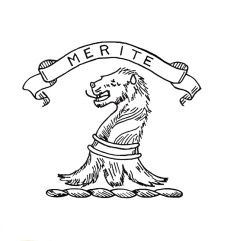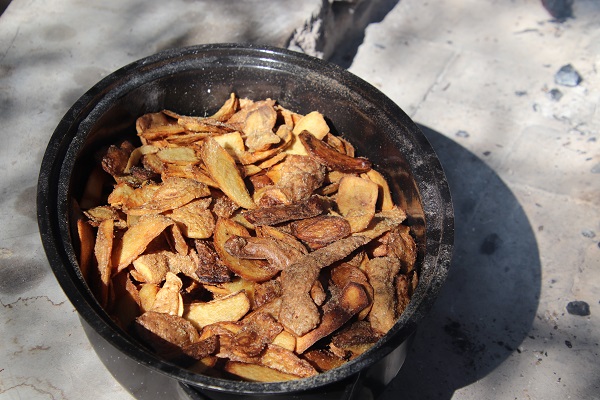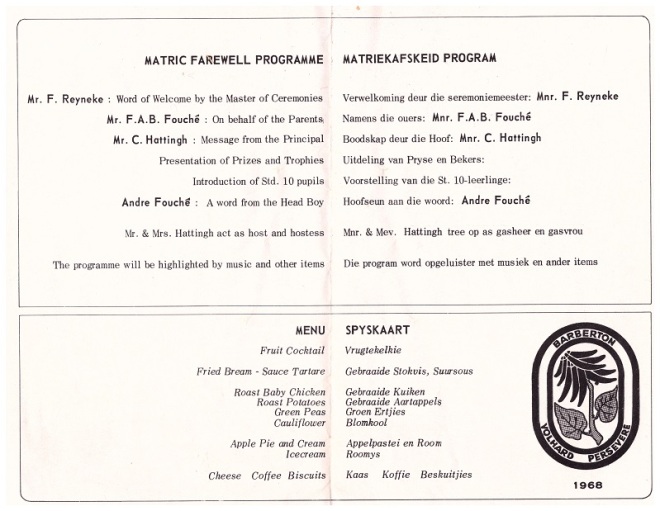My maiden name is CURROR, which has an Anglo-Saxon origin. It is a Scottish surname that is not only French in origin, but is descriptive of an occupation for it was given to a person who was either a messenger or who dressed tanned leather. The name is derived from the Old French words corëor or courreour, meaning courier or messenger. The family motto is Merite, which is the quality of being particularly good or worthy, especially so as to deserve praise or reward.
First names are always an interesting link when delving into family history and I have been fascinated to discover how far some of the recurring names in our family go back: a William Currour was assizer (a juror) in Edinburgh, 1402; William Currour has been recorded as a charter witness in Edinburgh, 1425; and it is thought that William Curroure held lands near Edinburgh in the same year. There are several variants in the spelling of the name, as surnames were only standardised with the advent of Poll Tax between 1694 and 1699. William Currour or Courrour, then a merchant of Scotland, had safe conducts into England, 1408 and 1410. A George Currour was charged with “trublance of the toune” of Aberdeen, 1512, and William Currour was factor for the abbot of Jedburgh, 1560. Much of this information comes from https://forebears.io/surnames/curror
The original Curror to settle in South Africa was my father, William David Curror, who sailed on the City of Hong Kong from London to Cape Town en route to the then Southern Rhodesia, where he was to be a Premium Apprentice on a tobacco farm. This was in about 1932. He later moved into the mining industry in this country. My father, who could speak English and a bit of Welsh, would be surprised to know that his family now encompasses Afrikaans- and German-speakers too!
In his memoirs, my father wrote: “We do not know the exact time that we [the Curror family] came to Dunduff [Scotland], but we can assume that it was sometime before 1715. As far as I am able to calculate, the first Robert Curror, shown on the [family] tree, of Dunduff and Craigdookie, was born in 1715. It is extremely probable that he was born in Craigdookie; his son was. He, also Robert Curror, was probably born in 1745.”
My father was keen on farming and always wanted to restore the name Dunduff, the original family farm in Scotland, to the Curror family and eventually did so in the De Kaap Valley near Barberton.
That farm has been sold and another generation has continued the name in another part of the country.




















